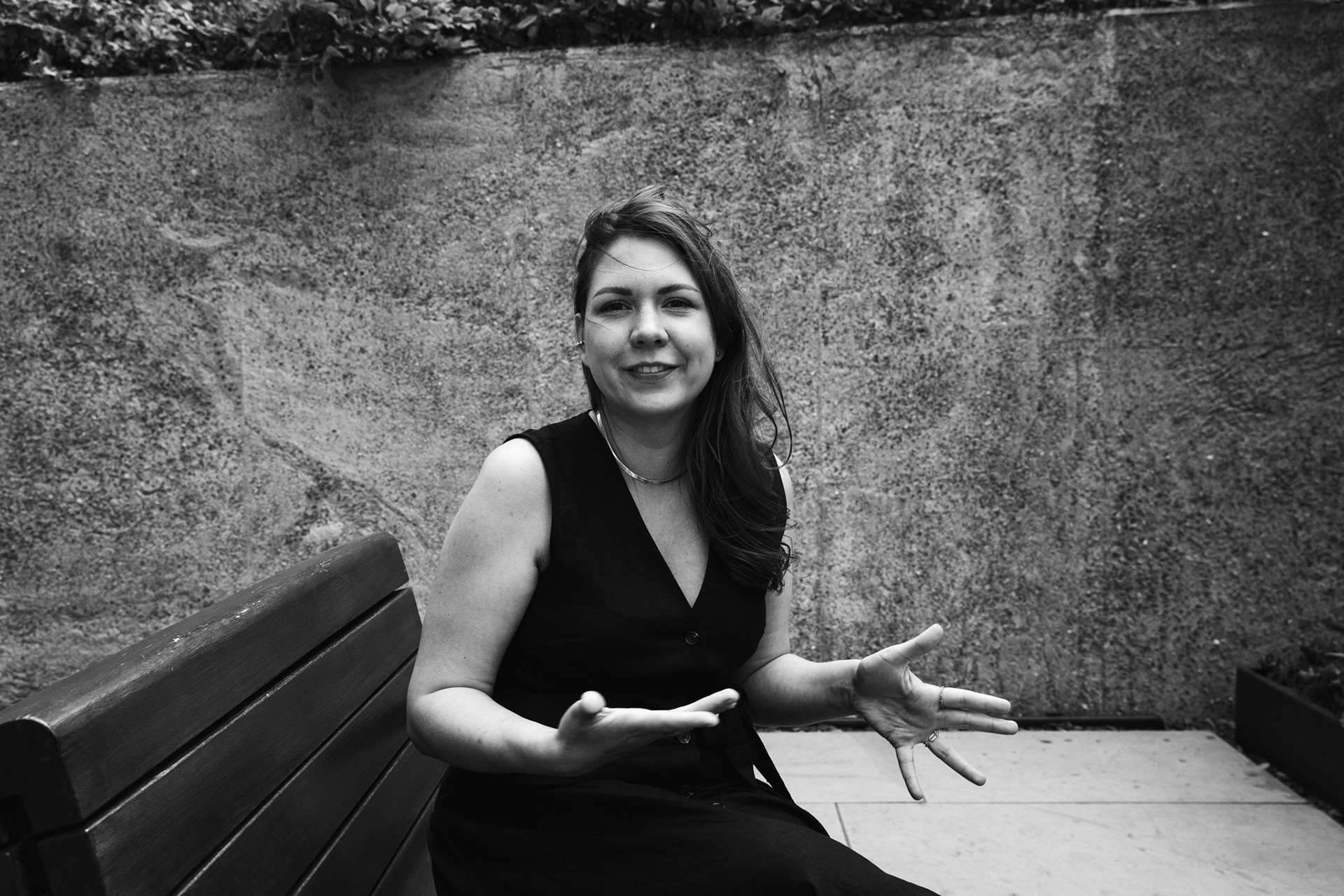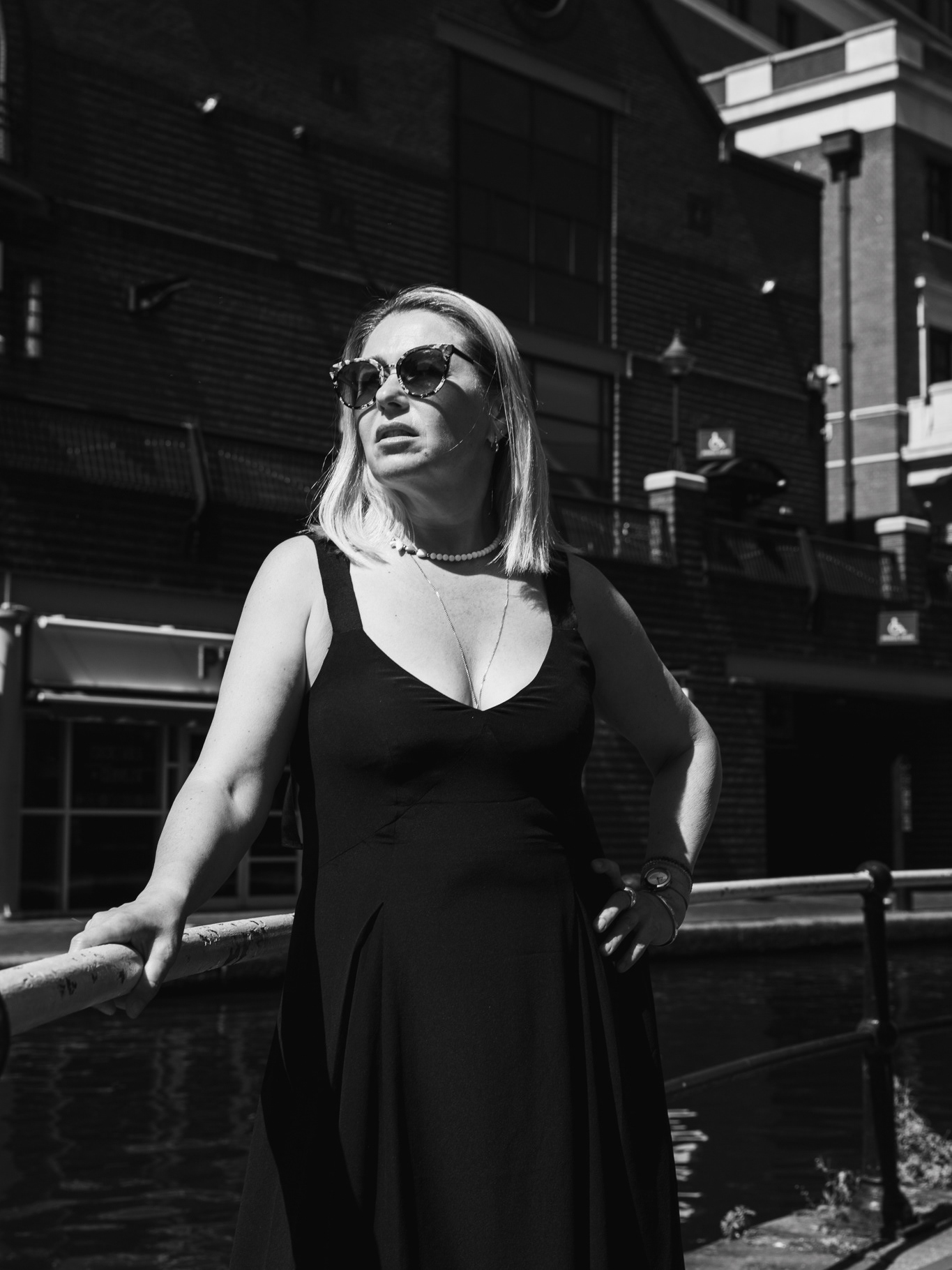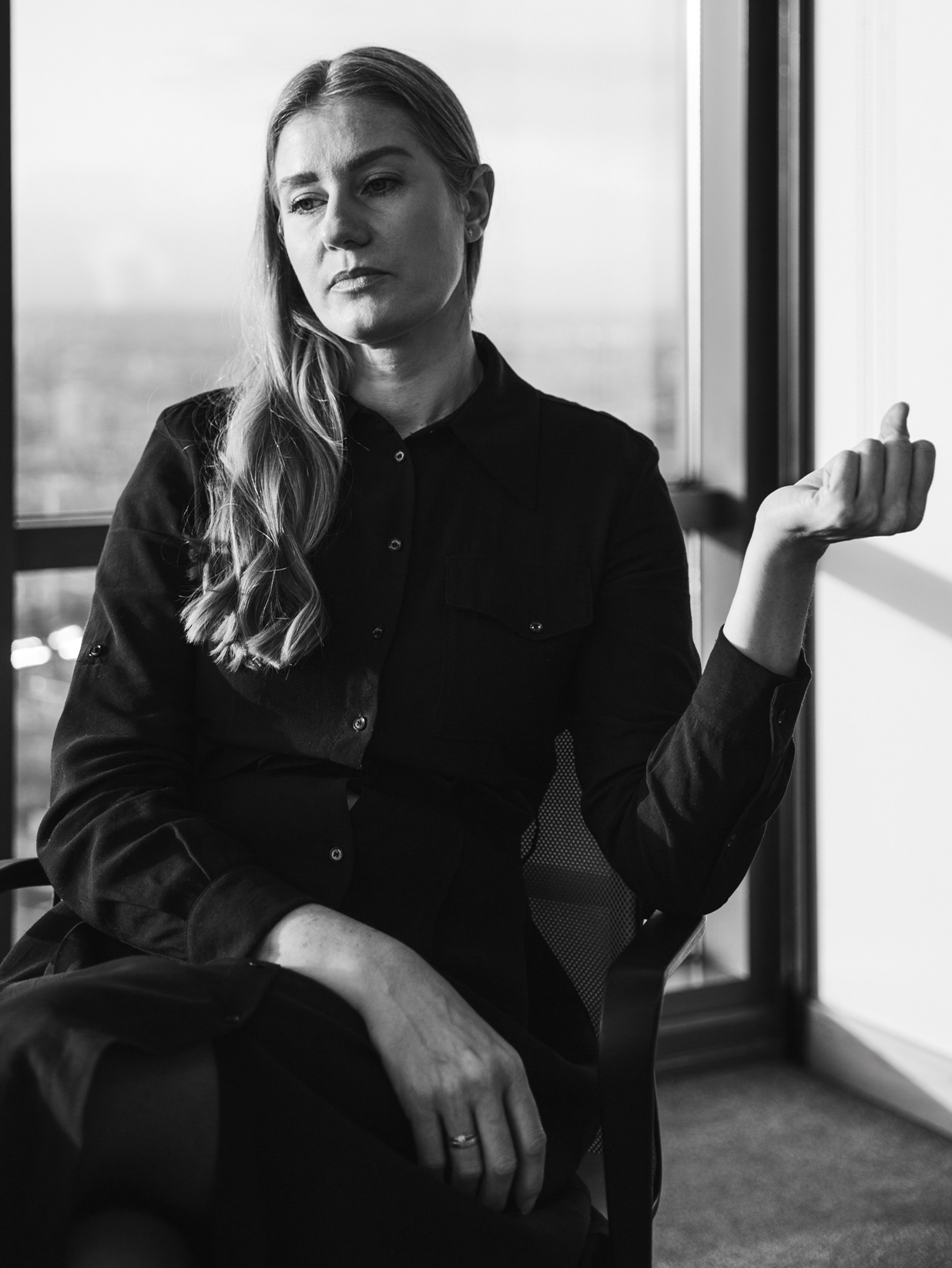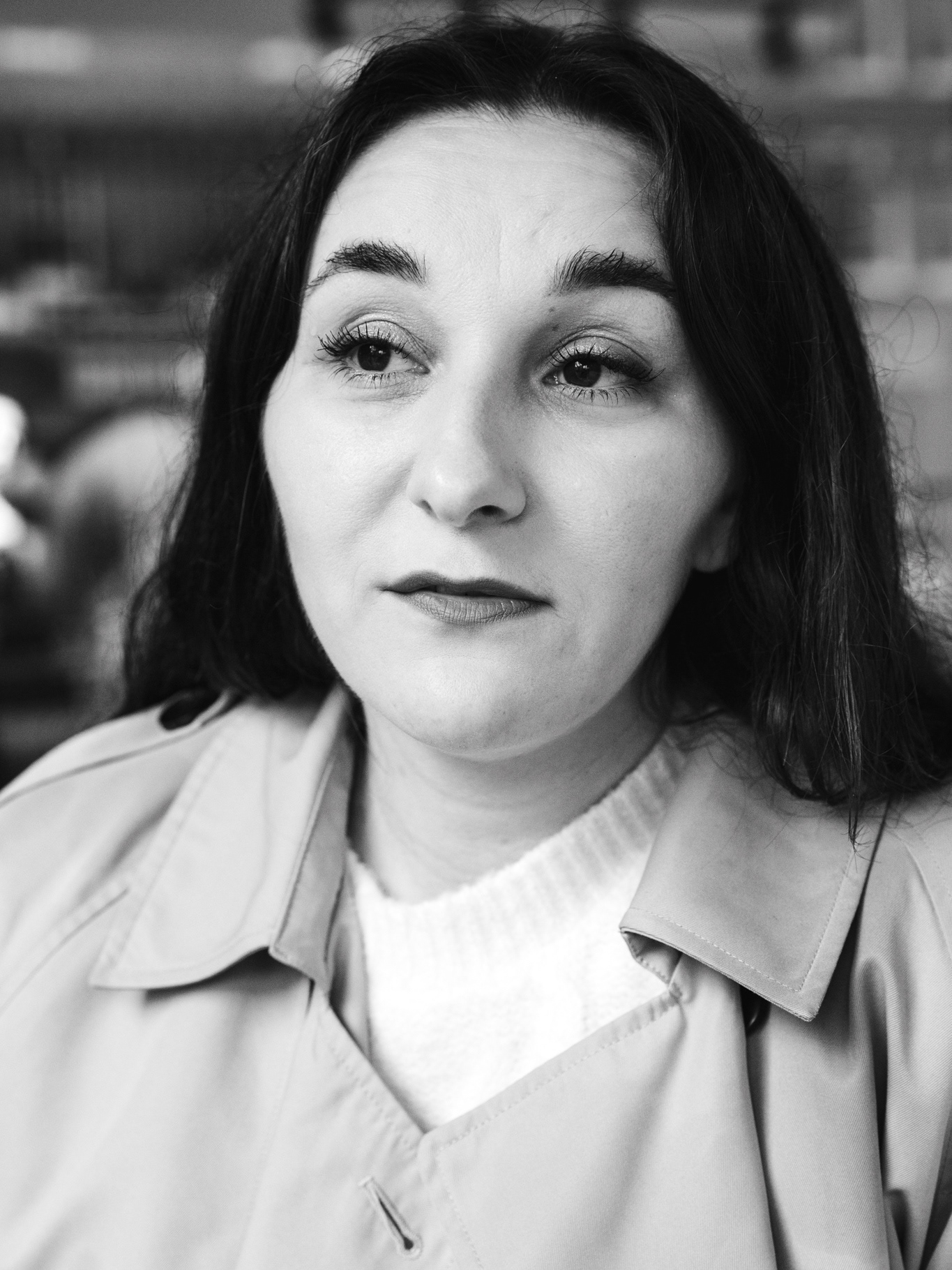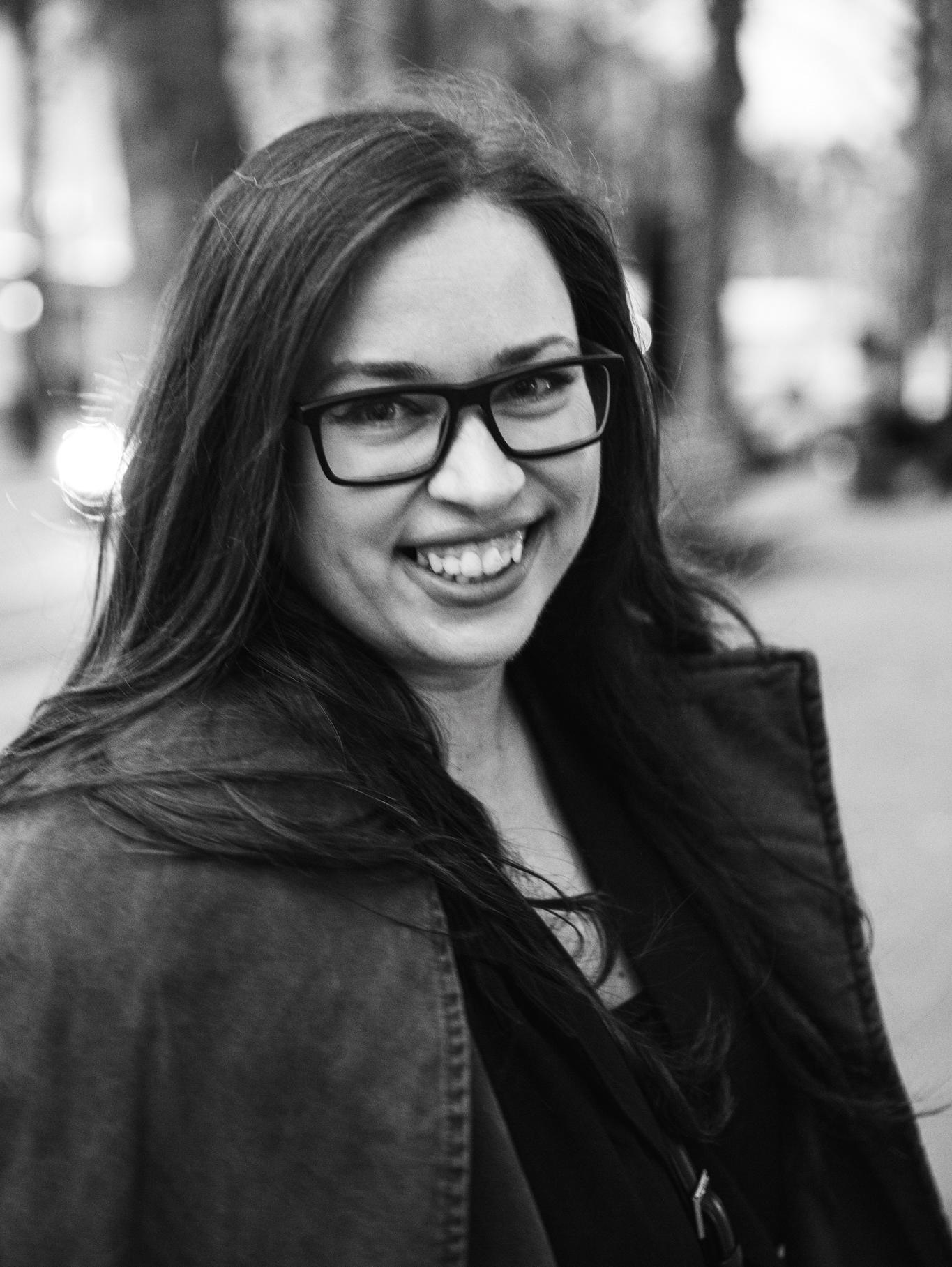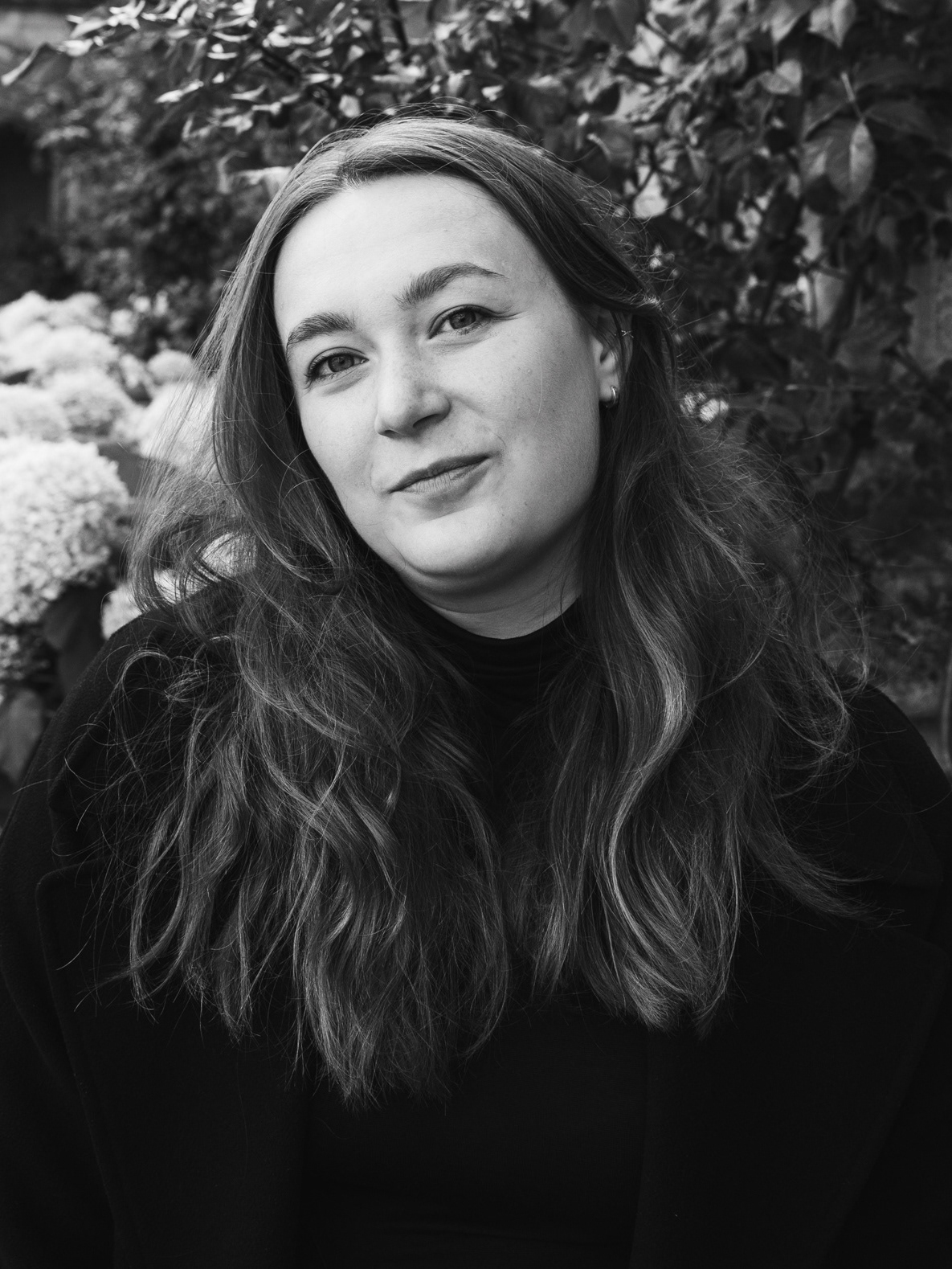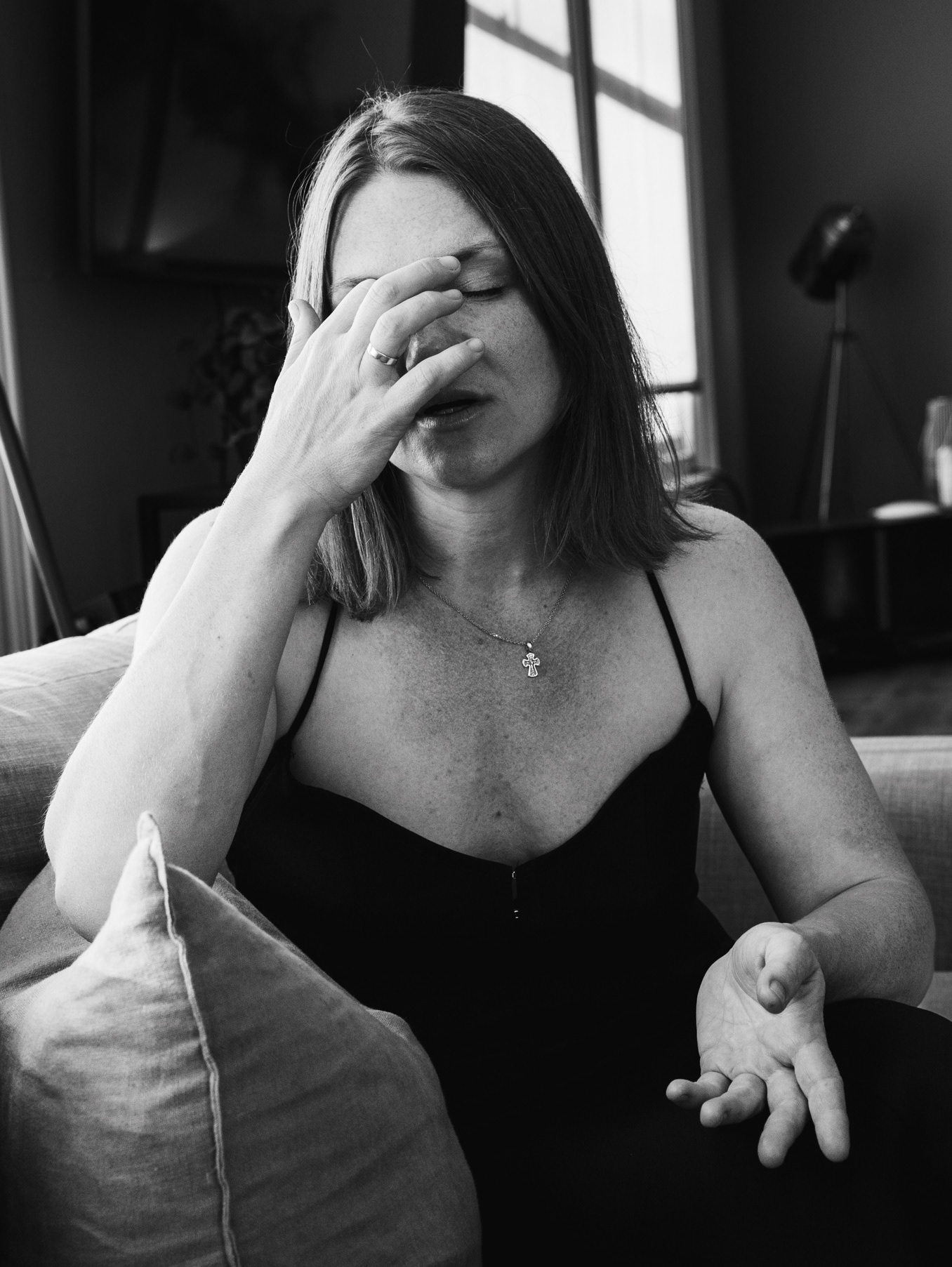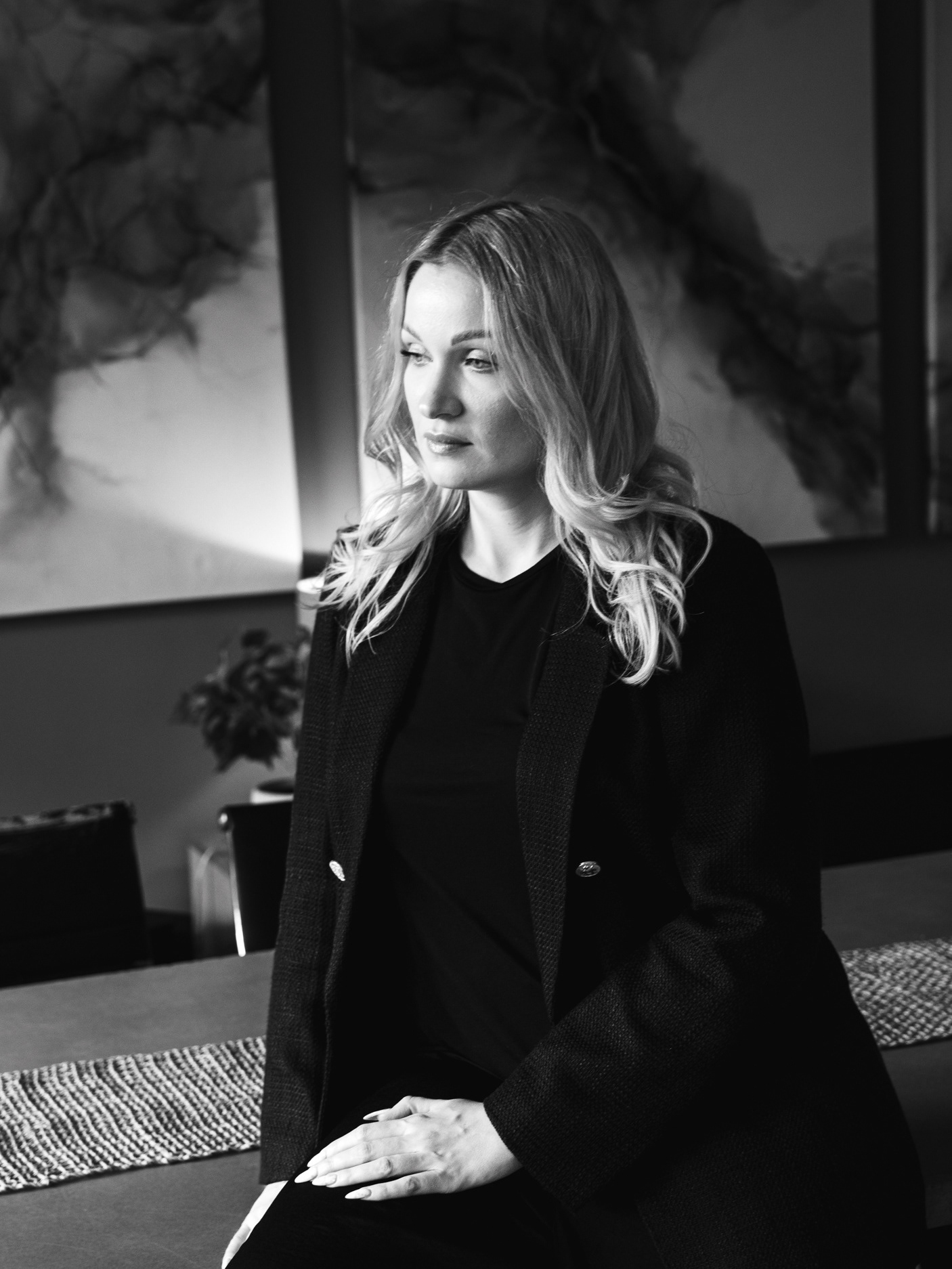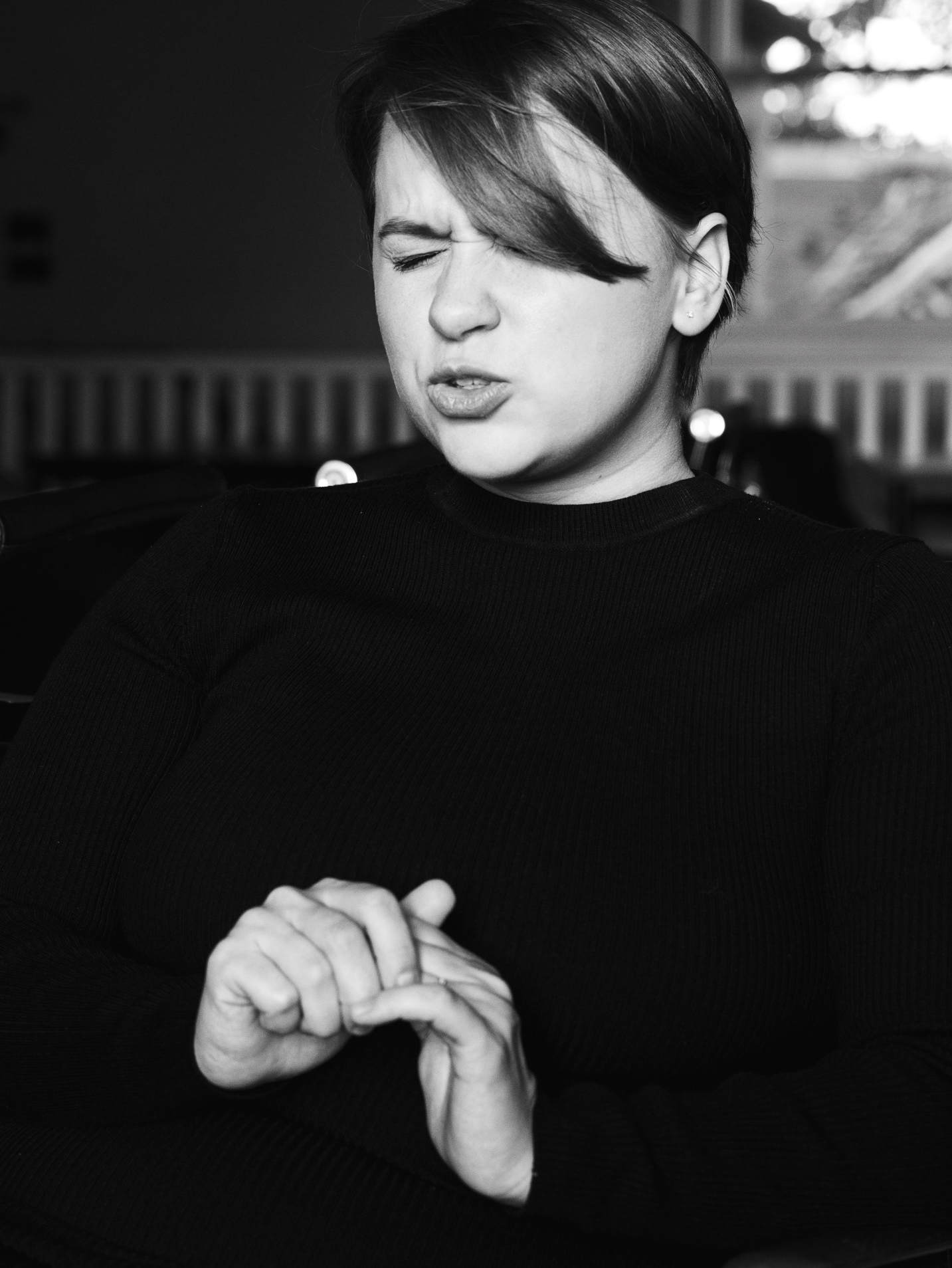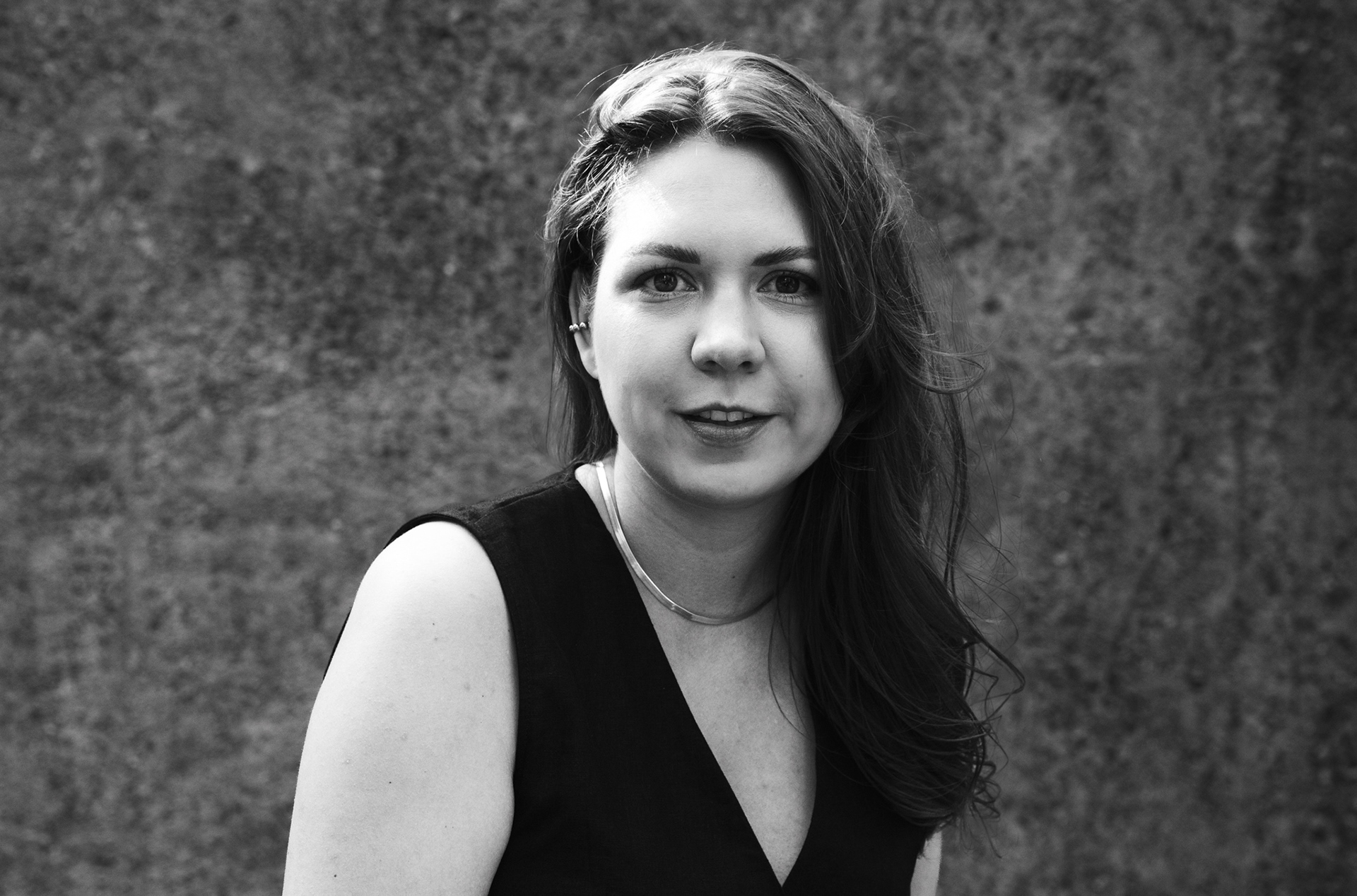
A Journey Through Fire to British Calm
For Oksana, as for millions of Ukrainians, the morning of February 24, 2022, began not with coffee, but with a cold wave of horror that rippled through the telephone lines. She hadn't slept all night, sensing an anxious tremor in the air, waiting for Putin's address. Then, at around four in the morning, her aunt from Vyshneve, near Kyiv, called. "She called and said the war had begun," Oksana recalls. "And then in the morning, my mother came over, and we watched Russian helicopters attacking Hostomel. They were flying over our house."
It was a feeling of surreal déjà vu. Originally from the Donetsk region, she had already been through this in 2014. Back then, pregnant and going through a divorce, she watched as the war consumed her small homeland, Bakhmut, forcing her mother to flee to Kyiv. And now, eight years later, history was repeating itself, but on a much more terrifying scale. "It was just this feeling of, what's next? My family has already fled once. What now? You're at the epicentre again," she says.
The decision to leave Kyiv was made instantly but was only realised the next day due to the insane traffic jams. The final push was the explosion of a downed missile near their home. "Our walls shook, my cat got terrified, my child started screaming and crying, and I realised, that's it, we're leaving right now."
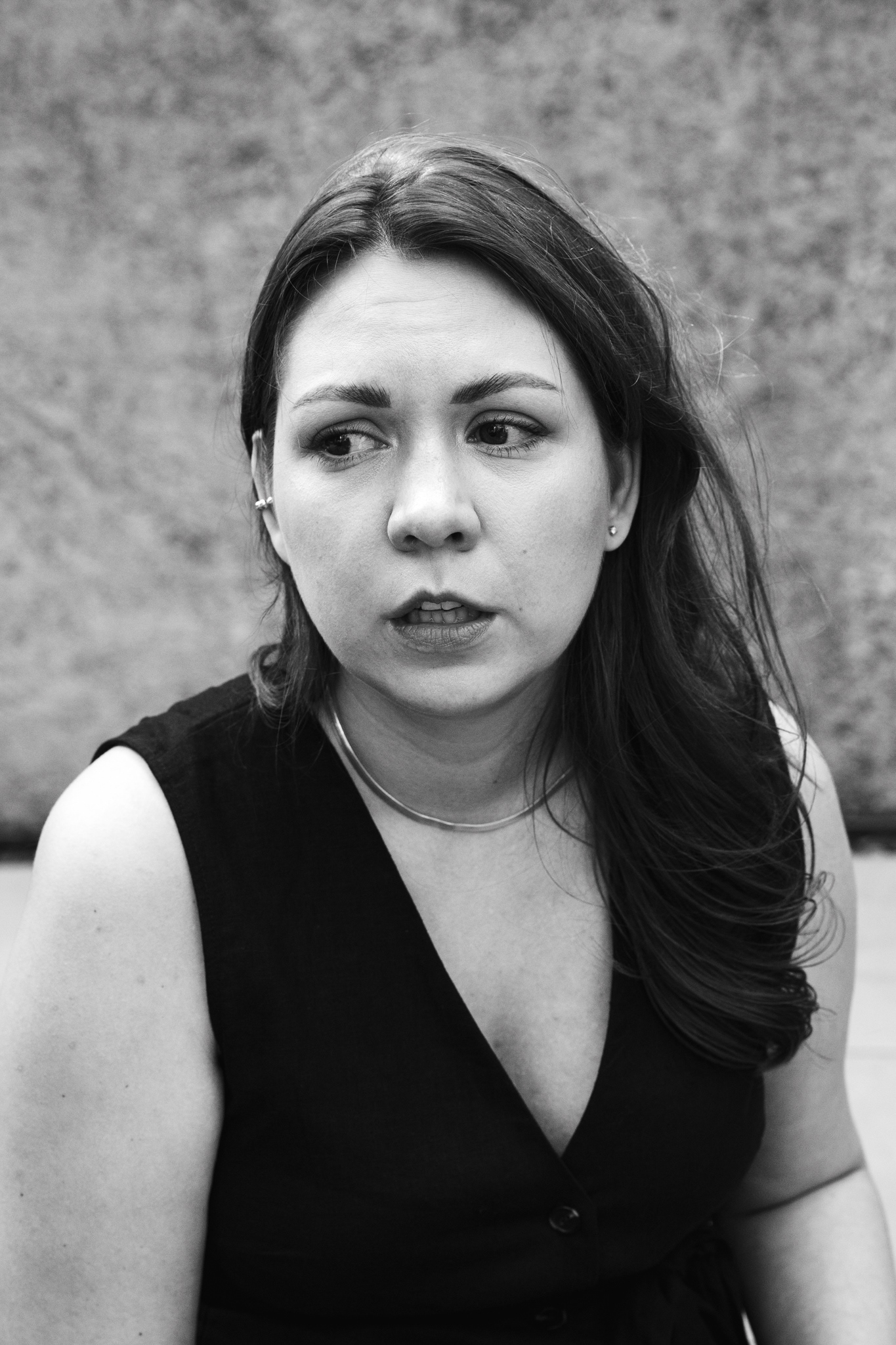

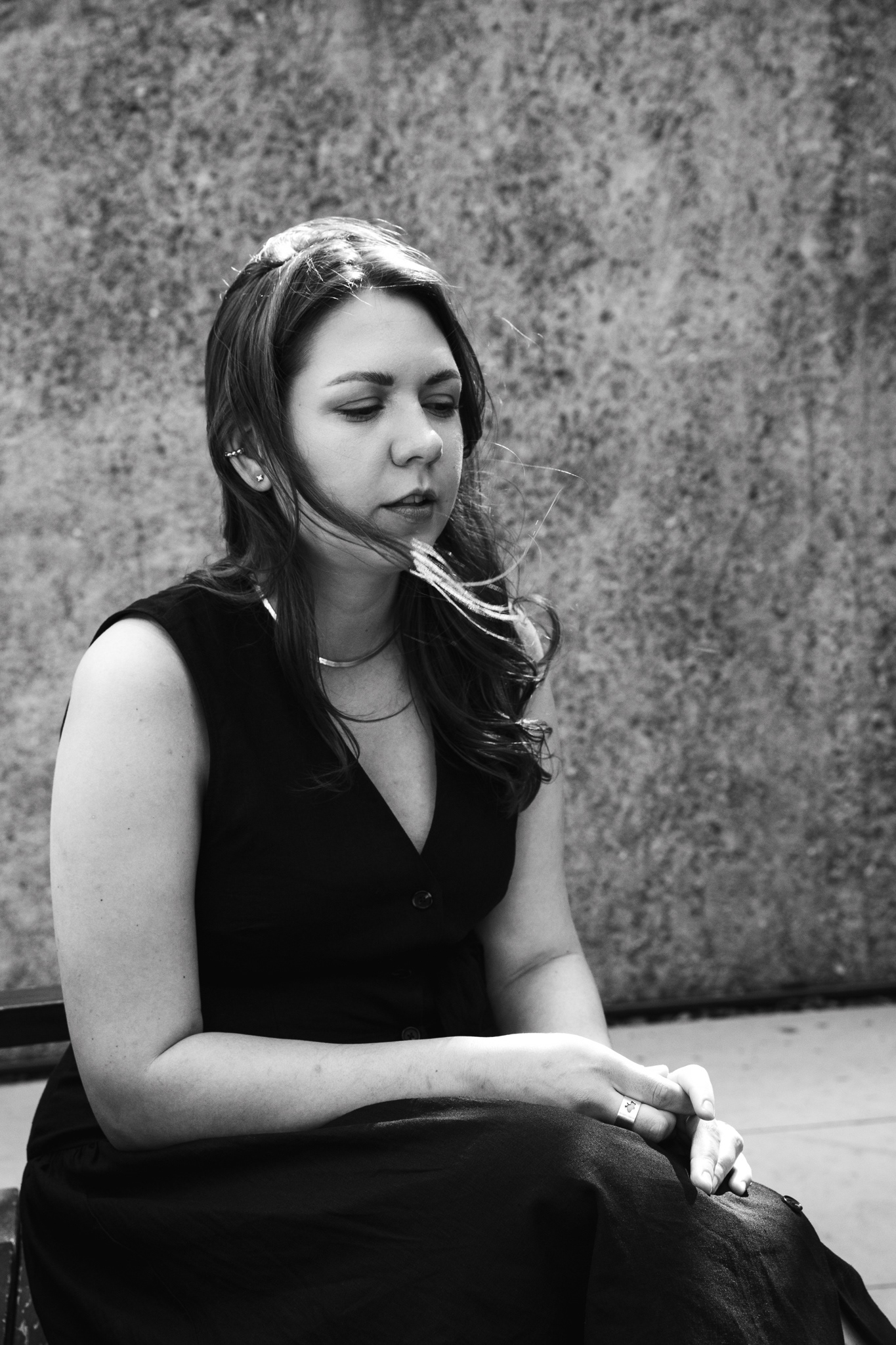
A Road into the Unknown: From Moldova to the Warmth of Croatia
The first stop was a village in the Vinnytsia region, at her grandmother's house. But the family home quickly filled up with relatives, and it became clear they needed to move on. Oksana, her aunt, her son, and her cat got into the car and drove to the nearest border — the one with Moldova. They were leaving for "a week or two," just to wait things out.
Moldova left a depressing impression. "From the border to the main road, we drove on a dirt track for about 60 kilometres at night. And I thought, how good it was back home," she recalls. Accommodation prices had skyrocketed, there was no centralised help, and they quickly moved on to Romania, and from there, to Croatia. There, her aunt's colleague offered them a place to stay in her parents' empty house, in a small village on the border with Serbia.
And it was here, in a land that had itself recently experienced war, that they encountered incredible humanity. "We're driving through this village, and every second or third house is still all battered. We ask, 'What is this?' They say, 'Those are bullets from machine guns'," Oksana recounts. The Croatians, who knew what war felt like firsthand, surrounded them with care.
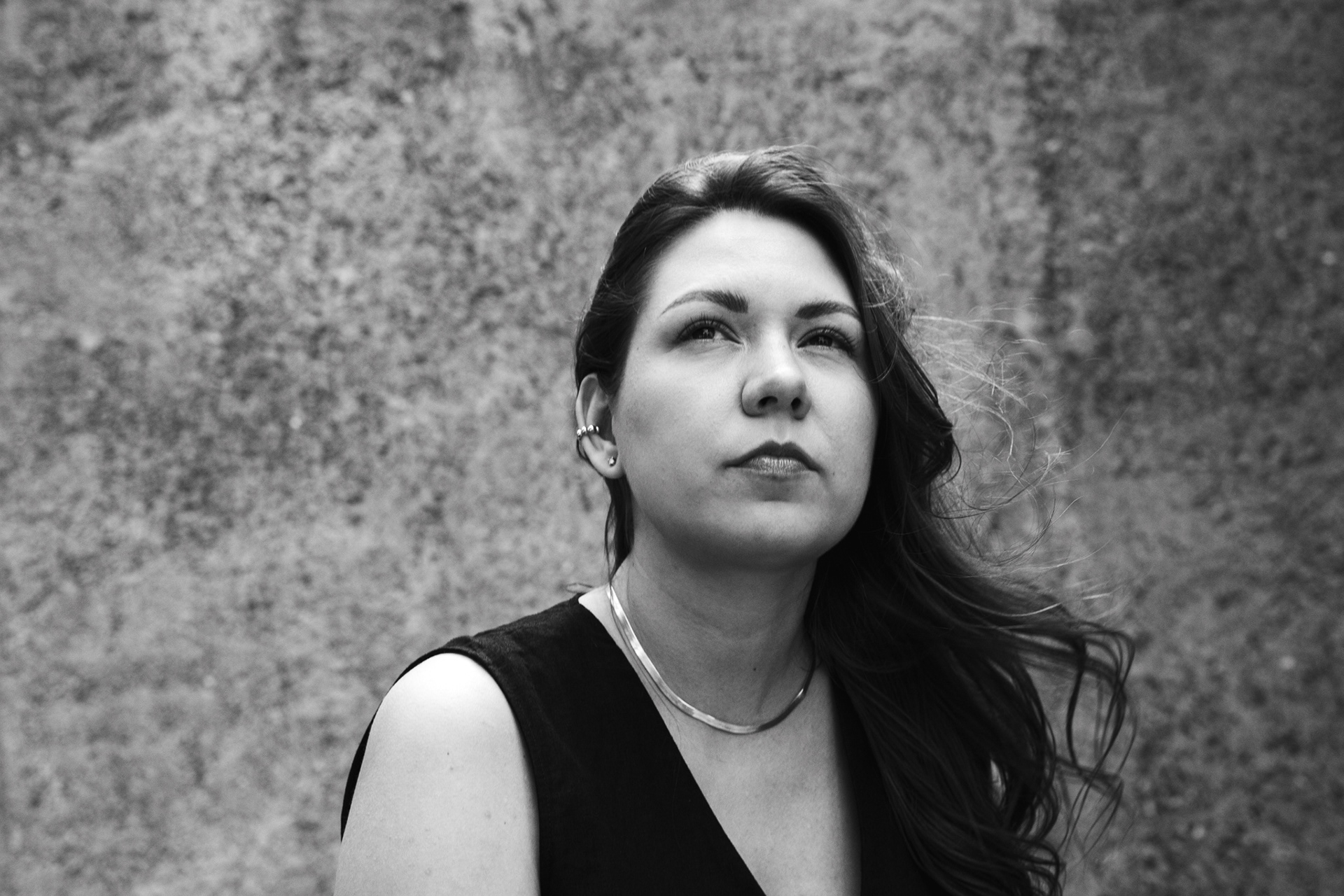
"We went into a shop and said we were from Ukraine... and they started to cry. People brought us food... One set of neighbours brought us a bottle of homemade moonshine, homemade sausage, and a full bag of onions. It was so curious. Two women and a child, and they bring us moonshine and onions. And people gave us money."
This sincere support was a breath of fresh air after what they had been through, but they knew it was a temporary stop. They had to think about the future, about school for her son, about work. And then an idea emerged — England.
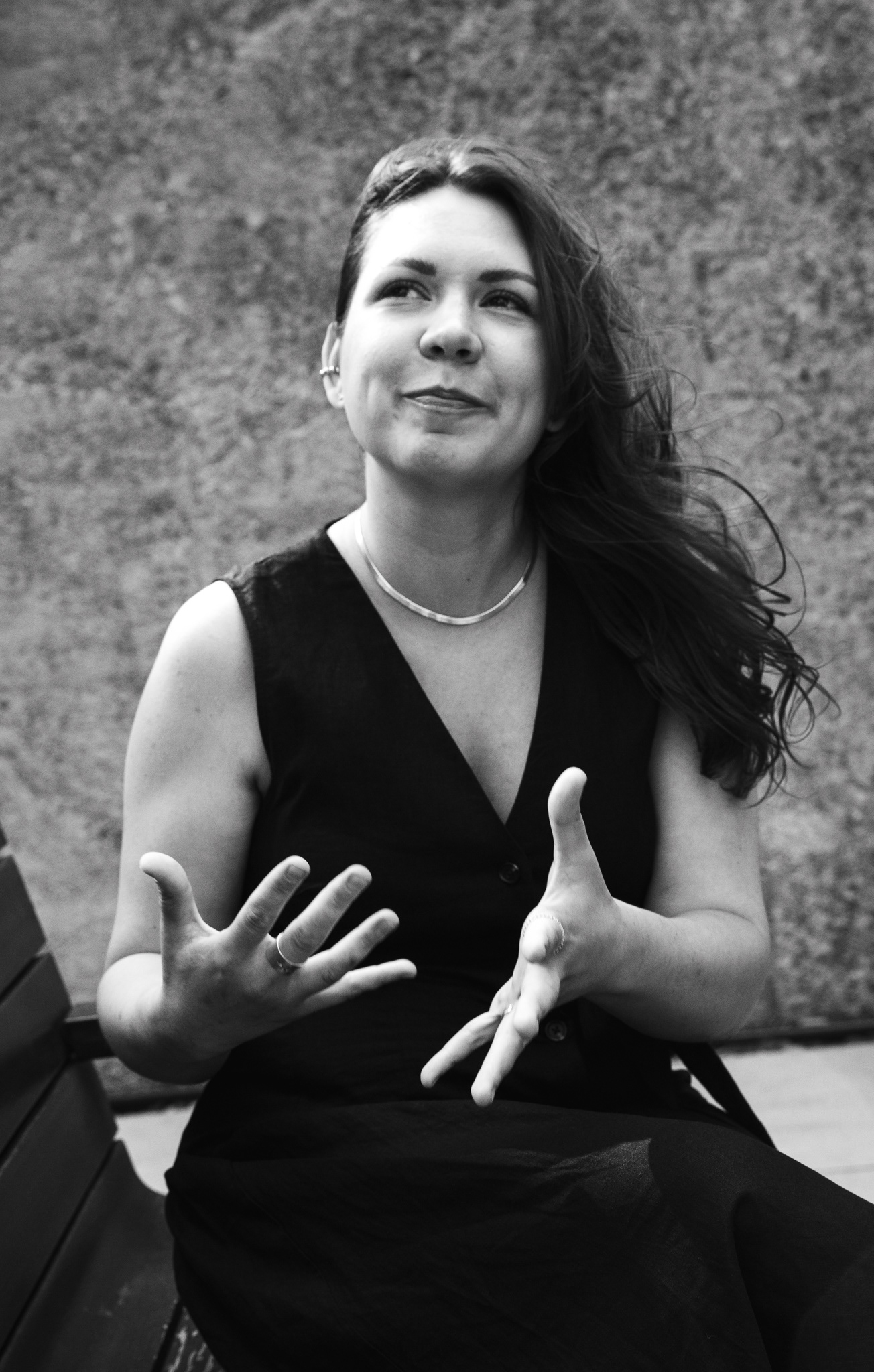
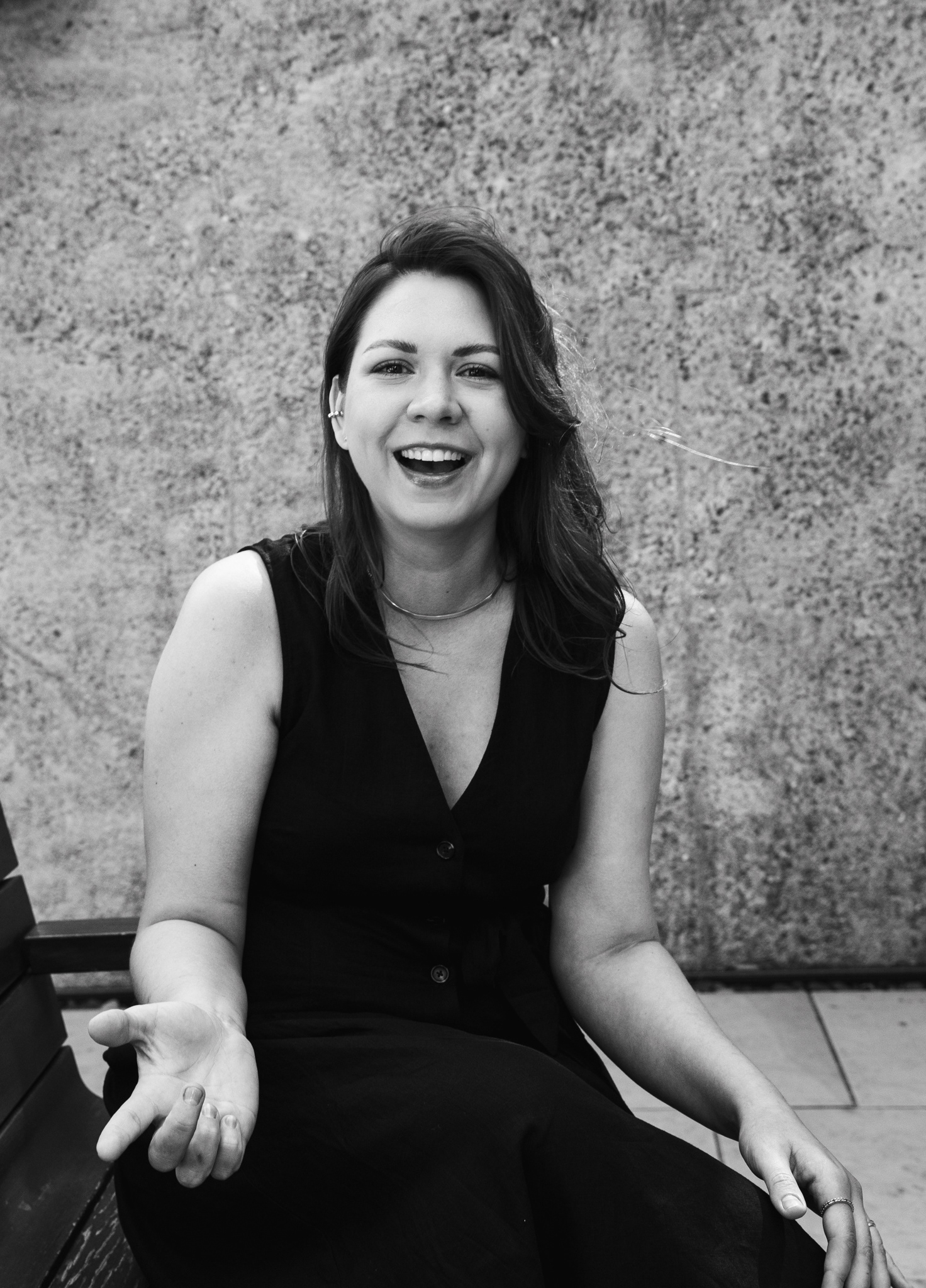
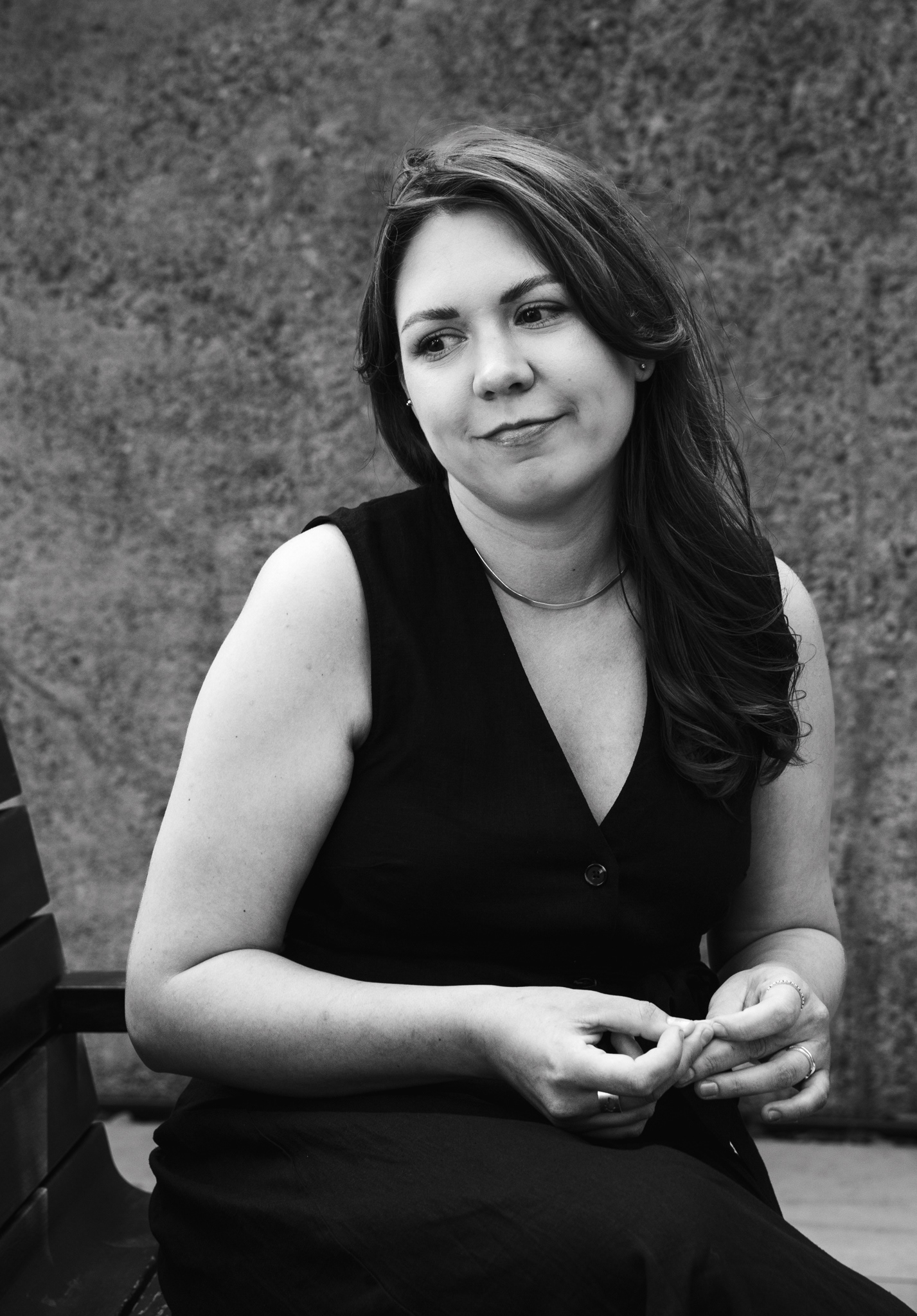
England: From "Unwelcome Guests" to a Home in a Field
They were among the first to start looking for sponsors through Facebook groups. It was strange and scary — to go and live with complete strangers. Their first home in England was in a seaside village in West Sussex. The sponsors seemed nice, but the relationship didn't work out from day one.
"We didn't have any conflicts or even misunderstandings. But the relationship just didn't click. I got the impression that these people had simply taken on more than they could actually handle... They wanted to bring other people over, introduce us, and throw parties, but we were in no mood for any of that. We constantly tried to escape the house. We felt like rather unwelcome guests."
After two and a half months, the sponsors sent them an email asking them to find other accommodation. That moment, sitting in the same house but communicating via email, was Oksana's first shocking discovery of British formal politeness and the reluctance to be direct. It was the beginning of a very difficult period. The local council, intervening in the situation, took them from the sponsors and placed them in temporary housing, moving them from one town to another. "After a while, I started receiving monthly emails saying that I had a week to move out," she recalls of the constant pressure and stress.
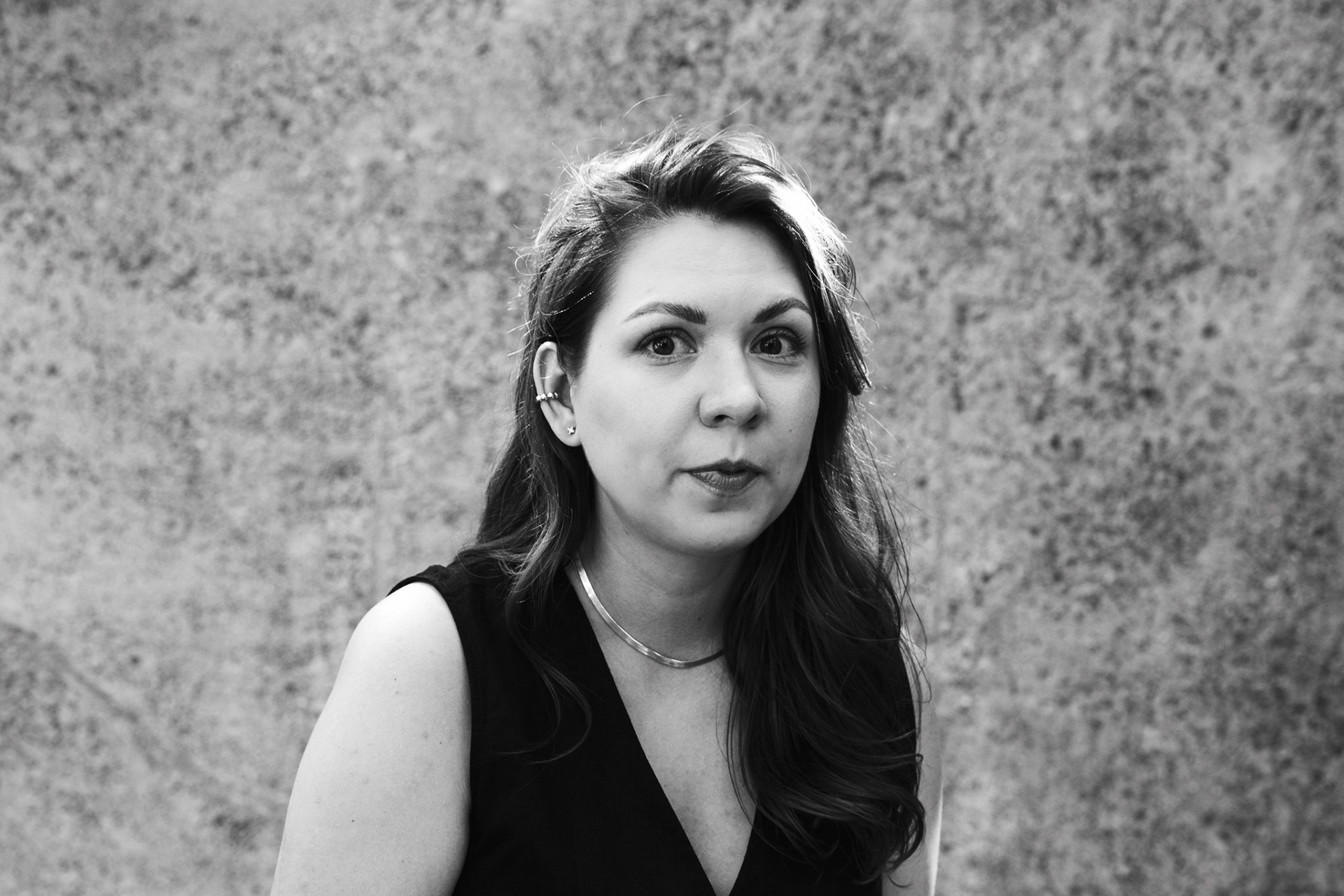
The search for permanent housing was fruitless. With no British credit history, with a child, a cat, and a Ukrainian job, she received rejections every day. "I went to every single local agency. Every day I called and went to viewings. But the problem was that we were never chosen." After nearly a year of this ordeal, when she was on the verge of despair, she received a call from the council.
"They called me and said, 'There's a house for rent, do you want it? But you have to agree right now and go to sign the papers today or tomorrow.' I said, 'What kind of house, where is it, at least show me a picture!'... There wasn't much of a choice. And I said, 'Yes, I'm going, that's it, I don't care where it is, whether it's in a field or a forest - it makes no difference'."
They moved at the beginning of 2024. It was a house from a housing association in a small village. And this, finally, became their first real home in England, a place where they could breathe out and feel a sense of stability.
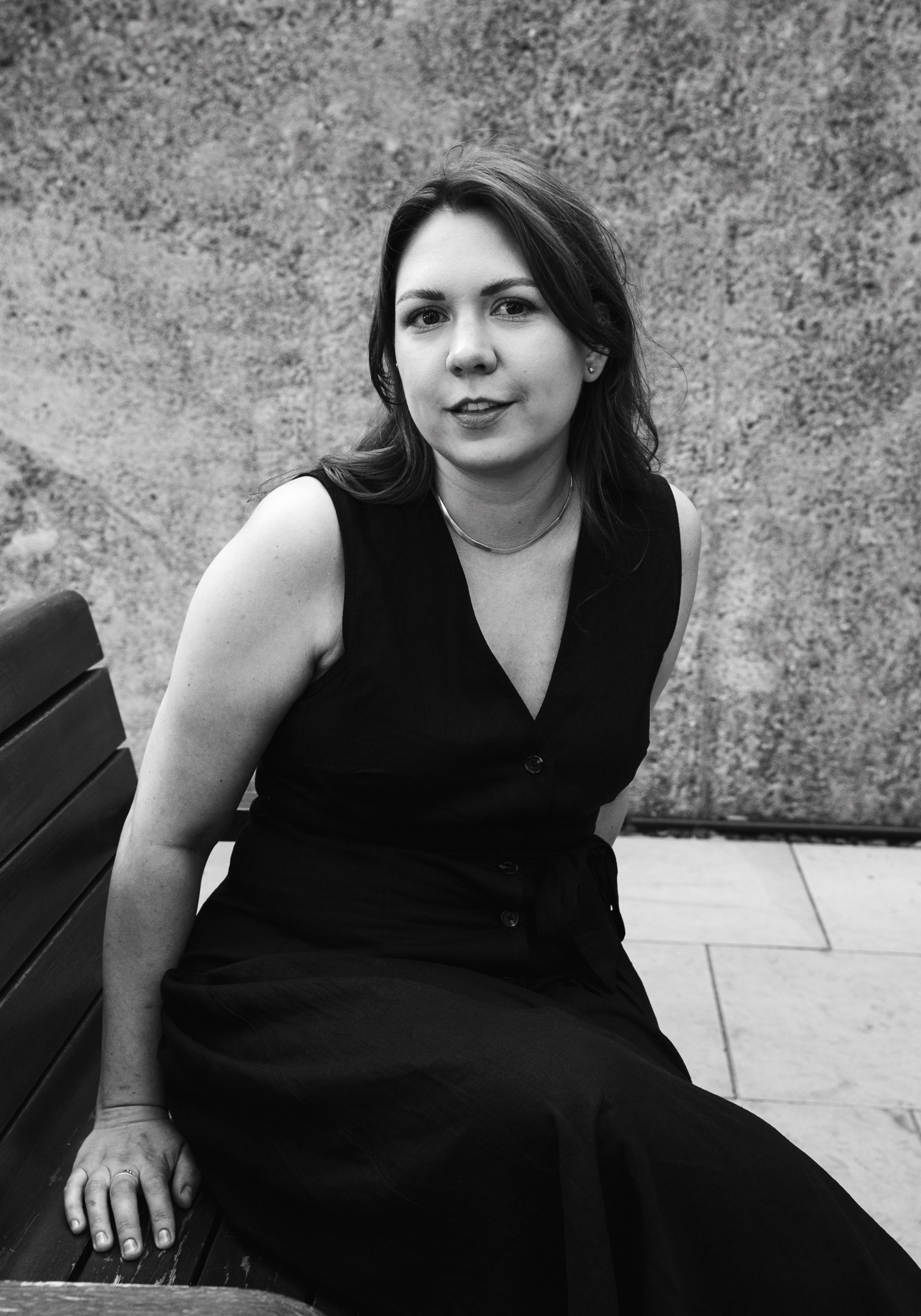
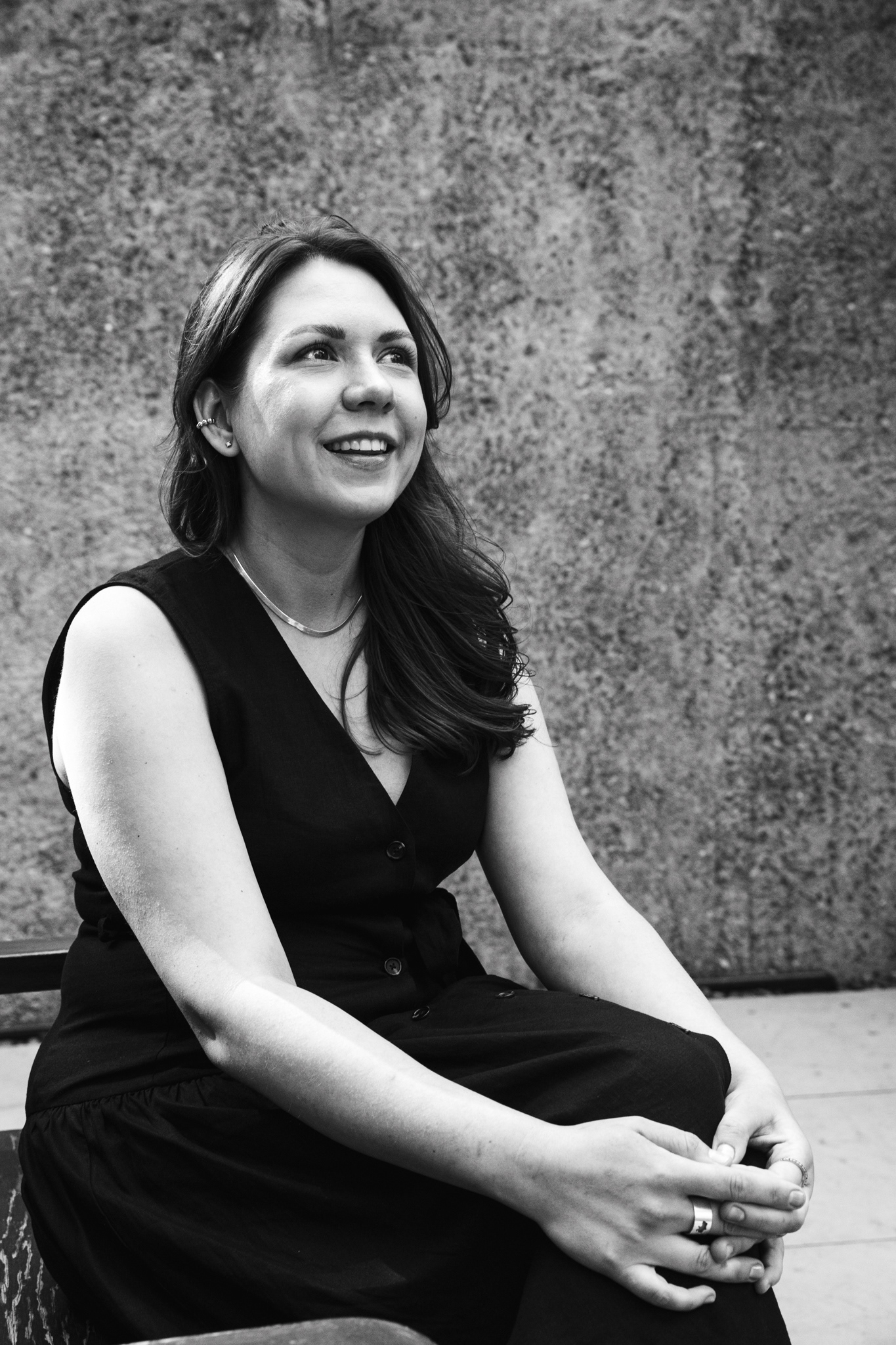
The Path to Herself: From Fish & Chips to Aviation Recruitment
To keep from going mad with inactivity, Oksana went to work. Anywhere. Her first job was at a local Fish & Chips shop. "I was just sitting around, thinking I would simply go insane doing nothing. A friend of mine called and said, 'my husband works as a delivery driver at a Fish & Chips shop, they're looking for a girl to work the counter'," she laughs. It was a step into the unknown, but it gave her a chance to practice the language and be around people.
Later, she found her first office job — at a recruitment agency hiring drivers for Royal Mail. It was a real challenge for her English. "I was on the phone for eight hours a day, every day. People with all sorts of accents are constantly calling you... At the beginning, when I picked up the phone, I didn't understand anything. I was constantly asking my British colleagues for help," she recalls. Her other colleague from Colombia, who also just sat and nodded, became her silent ally in this struggle. She learned the names of London districts that were pronounced completely differently from how they were written (for example, "Suth-uck" instead of "Southwark"), and gradually overcame the language barrier.
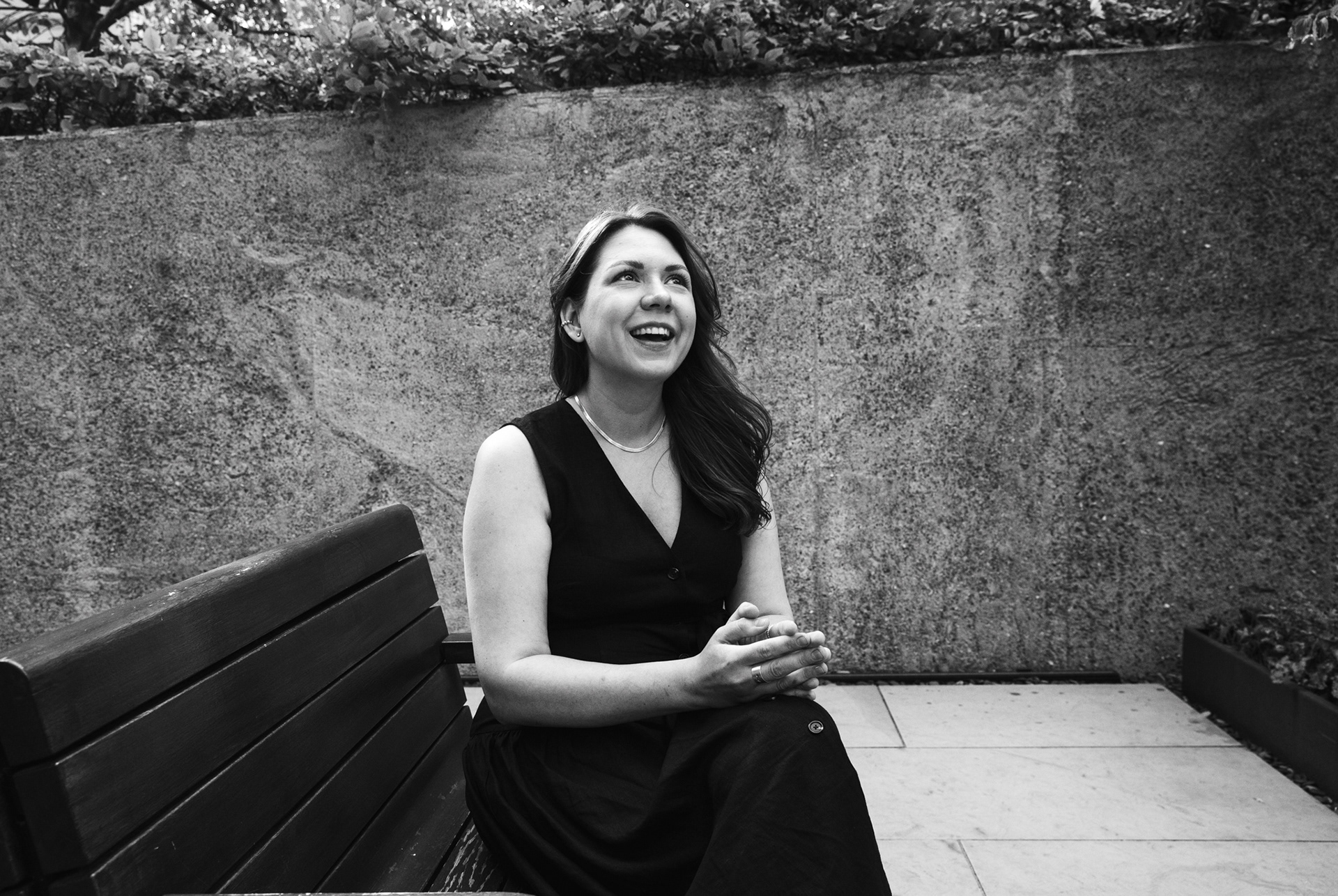
But the stability was short-lived. A year later, she and a hundred other employees were made redundant in a single day when the company closed most of its regional offices. It was another blow for her and plunged her into a deep depression.
"I couldn't even get out of bed. My day went like this: I'd wake up, take my child to school, come home, and go back to sleep. I'd sleep until three o'clock... get up, go pick up my son, come home, feed him, and go back to sleep again. Sometimes I wouldn't even eat or take a shower."
She went to a doctor and was prescribed antidepressants. To break out of this state, she once again took any job she could find — washing dishes in the kitchen of a retirement home. And once again, it was people who saved her. "The people there are so pleasant, these lovely elderly people, they're all like, 'who are you? where are you from? let's talk'," she recalls. Then came a job at Specsavers, where she once again felt incredible support. "So many kind words from customers every day, I felt the support from ordinary people again."
Finally, she found her current job — as a recruiter in an international company working in the aviation sector. She works in an office with British colleagues and feels comfortable. It has given her stability and confidence.
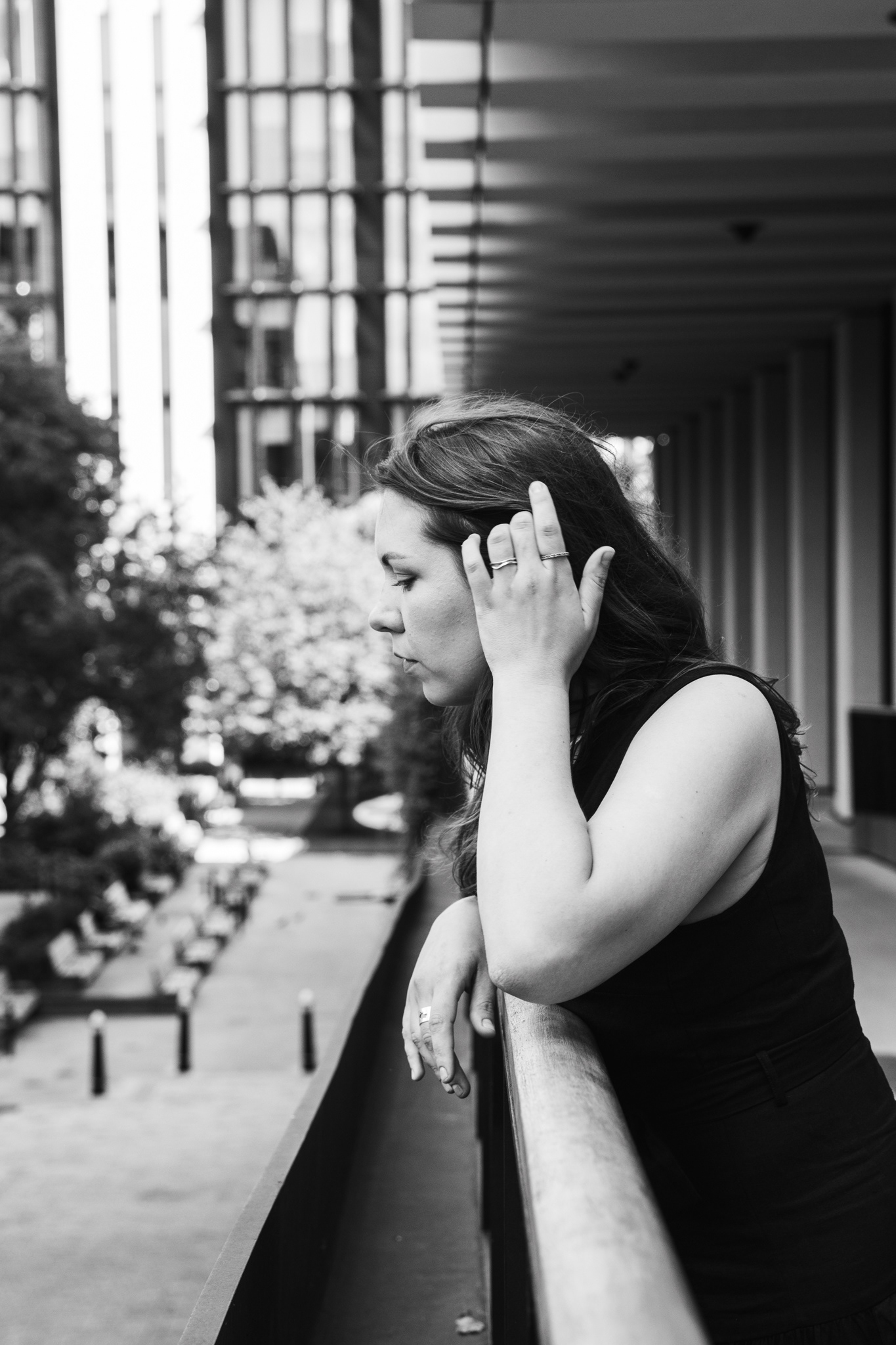
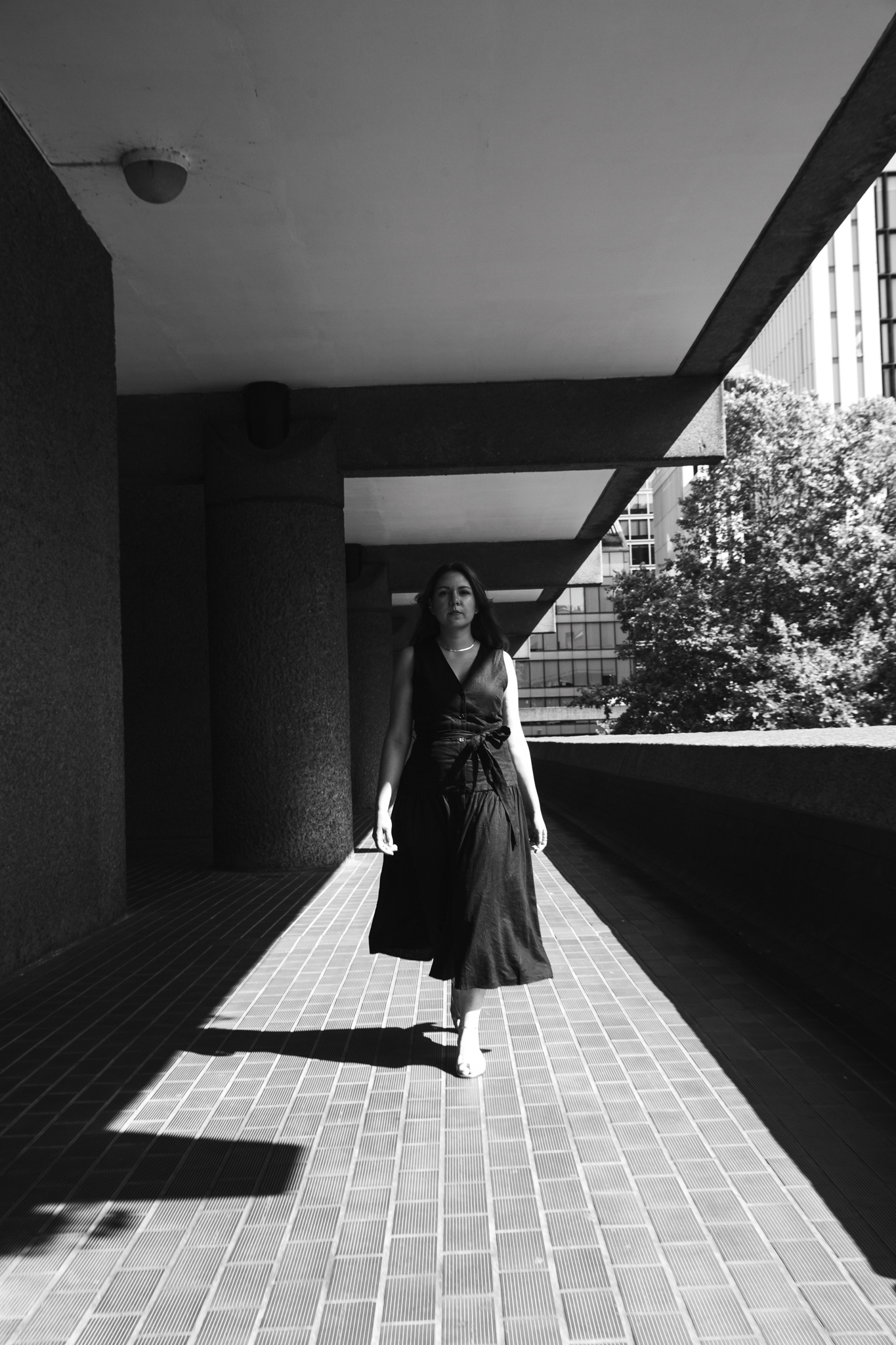

The Lost Home: Bakhmut, the City of Roses
But the biggest trauma for her remains the destruction of her hometown. She hadn't lived there permanently since she was 17, but Bakhmut was always her true home. It wasn't just another industrial city in the Donbas.
"Bakhmut was known as the City of Roses because it had more of these flowers planted than any other Ukrainian city... A true oasis. And it was such an incredible place compared to other [cities in Donbas]. They cared about providing places for people to relax; there were many parks, a beautiful embankment, cosy cafés."
It was her childhood, her school, her earliest memories. "In my mind, Bakhmut was always home," she says. "I always knew that if the worst happened — for example, if I couldn't afford to rent an apartment in Kyiv — I could always go back home." In 2019, at her grandmother's funeral, she said goodbye to the city with a strange premonition. "I told my mum, 'Mum, I will never come here again. I just know it, that's all'."
During the battle for Bakhmut, she watched videos every day, recognising familiar streets with horror. "Every day I watched all sorts of videos from Bakhmut... and every time I worried if that was my house on fire. And even though I hadn't lived there for a long time, it still felt important that my house or my school not be destroyed." Her aunt was killed in Bakhmut in front of her son — Oksana's cousin — who later went missing. This pain has not left her.
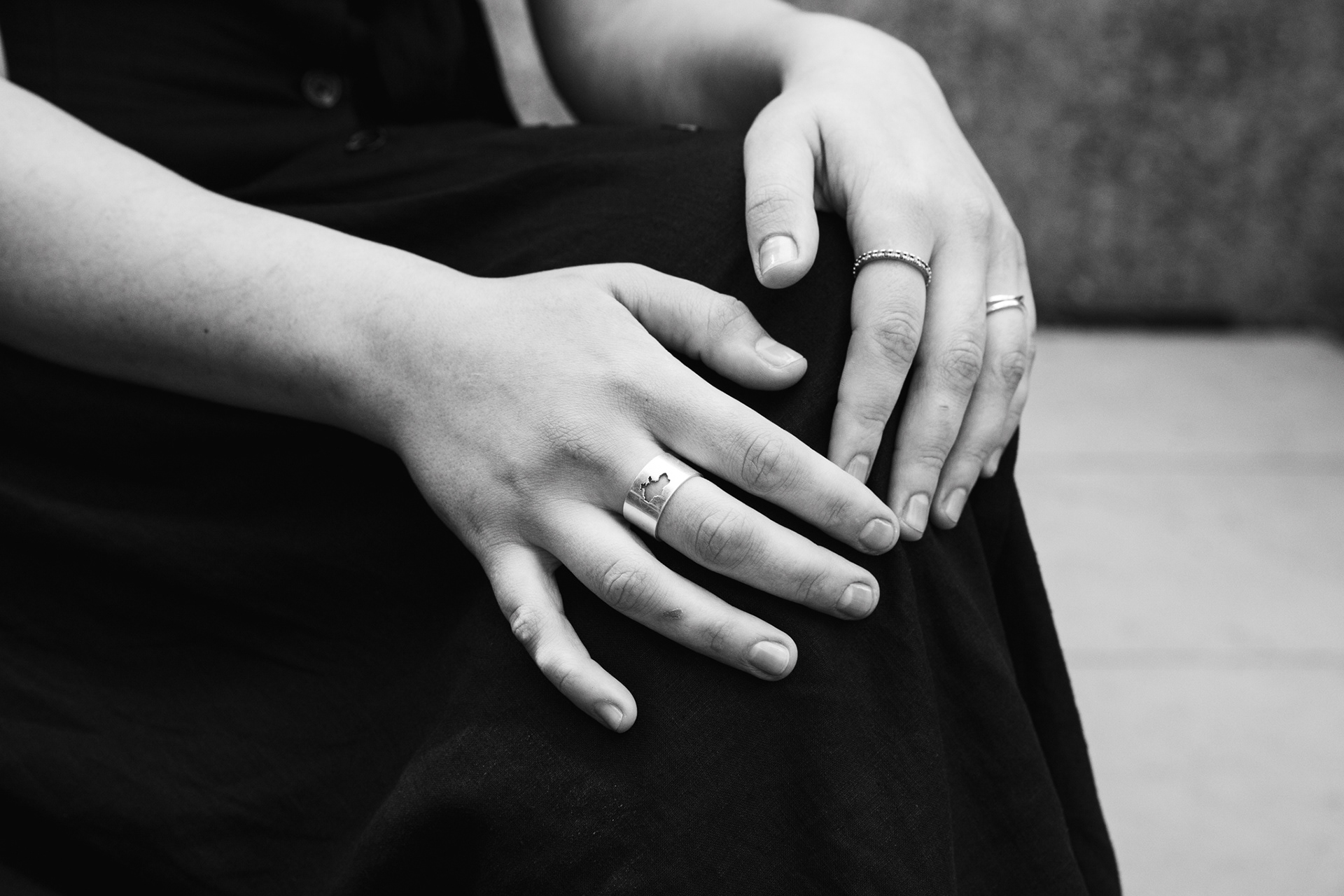
A Future in Ukraine?
Today, despite a stable life in England, she isn't making long-term plans. Her visa expires in a year, and she knows how hard it is to find a job when your status is temporary. But she is full of determination: she is learning the language, planning to get her driver's license, and continuing to develop professionally. "Returning home will be much easier if you bring experience from working in British companies to the Ukrainian market," she says.
Oksana's story is that of a woman who has gone through incredible trials but has not lost the ability to fight, to learn, and to move forward. She is a vivid example of how resilience, multiplied by vulnerability and honesty with oneself, allows one not just to survive, but to find new meanings, a new self, and new strength, even when it seems the old world has been destroyed forever.
